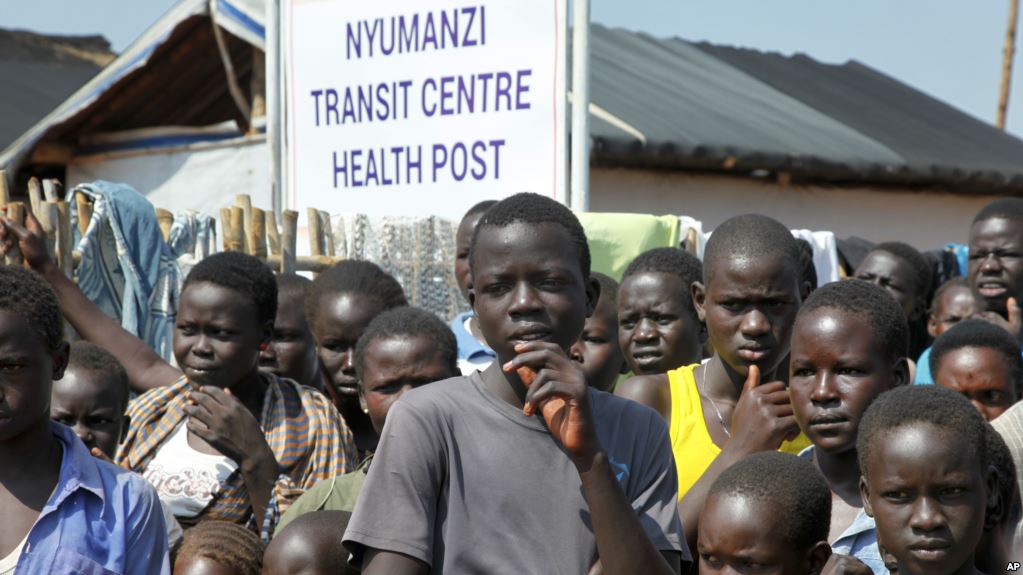
Home-renting site Airbnb is providing women with a new way to earn money and build businesses with more women than men on the site and women in Kenya gaining the most, the company said on Tuesday.
Airbnb said women have outnumbered men using the site since its 2008 launch and there are currently more than one million women hosts — amounting to 55 percent of users — who have earned over $10 billion in the past nine years.
A report released to coincide with International Women’s Day on March 8 showed Kenyan women were gaining the most, earning about one-third of their annual household expenditure from Airbnb and often using this to launch their own businesses.
Women in India came second in the list, earning 31 percent of their annual household expenditure through Airbnb.
This contrasted with Germany and France, where Airbnb income was lowest among 14 countries surveyed, amounting to about three and four percent of average household expenditure, with many using this money to supplement part-time jobs.
“Through platforms like Airbnb, women around the world are finding a new source of supplemental income and a new opportunity for economic security and independence,” Airbnb said in a statement.
The positive message from Airbnb comes as the San-Francisco based start-up runs into disputes in cities like Barcelona, Berlin and Paris that claim it deprives locals of accommodation for permanent rent and hikes rental prices.
Studies show that one of the biggest obstacles for women entrepreneurs around the world is lack of access to capital to start businesses.
But the sharing economy business is billed for explosive growth, estimated by PricewaterhouseCoopers to reach $335 billion by 2025, from around $15 billion in 2016.
“The money I’ve made has helped pay part of my sister’s doctorate degree,” Airbnb cited one of its Kenyan hosts, Pamellah Gakenia, as saying.
Globally, women’s annual earnings, estimated at $10,778, are roughly half those of men, the World Economic Forum says, partly because fewer women have formal jobs.
Women hosts interviewed by Airbnb said they often employ others to help them with the rental business.
“My cleaner Lulu, a recent migrant from the Eastern Cape who doesn’t speak much English, now earns enough to pay her kids’ school fees,” it quoted South African host, Belinda, as saying.
The top five countries for women Airbnb hosts among the 14 surveyed were Kenya where women earned 34 percent of average household expenditure, India at 31 percent, Morocco 20 percent, China 19 percent and Japan 15 percent.
The data was based on an email survey of 112,000 Airbnb hosts with more than 44,000 responses from Argentina, Brazil, China, France, Germany, India, Japan, Kenya, Mexico, Morocco, South Africa, Spain, Britain and the United States.
A report released to coincide with International Women’s Day on March 8 showed Kenyan women were gaining the most, earning about one-third of their annual household expenditure from Airbnb and often using this to launch their own businesses.
Women in India came second in the list, earning 31 percent of their annual household expenditure through Airbnb.
This contrasted with Germany and France, where Airbnb income was lowest among 14 countries surveyed, amounting to about three and four percent of average household expenditure, with many using this money to supplement part-time jobs.
“Through platforms like Airbnb, women around the world are finding a new source of supplemental income and a new opportunity for economic security and independence,” Airbnb said in a statement.
The positive message from Airbnb comes as the San-Francisco based start-up runs into disputes in cities like Barcelona, Berlin and Paris that claim it deprives locals of accommodation for permanent rent and hikes rental prices.
Studies show that one of the biggest obstacles for women entrepreneurs around the world is lack of access to capital to start businesses.
But the sharing economy business is billed for explosive growth, estimated by PricewaterhouseCoopers to reach $335 billion by 2025, from around $15 billion in 2016.
“The money I’ve made has helped pay part of my sister’s doctorate degree,” Airbnb cited one of its Kenyan hosts, Pamellah Gakenia, as saying.
Globally, women’s annual earnings, estimated at $10,778, are roughly half those of men, the World Economic Forum says, partly because fewer women have formal jobs.
Women hosts interviewed by Airbnb said they often employ others to help them with the rental business.
“My cleaner Lulu, a recent migrant from the Eastern Cape who doesn’t speak much English, now earns enough to pay her kids’ school fees,” it quoted South African host, Belinda, as saying.
The top five countries for women Airbnb hosts among the 14 surveyed were Kenya where women earned 34 percent of average household expenditure, India at 31 percent, Morocco 20 percent, China 19 percent and Japan 15 percent.
The data was based on an email survey of 112,000 Airbnb hosts with more than 44,000 responses from Argentina, Brazil, China, France, Germany, India, Japan, Kenya, Mexico, Morocco, South Africa, Spain, Britain and the United States.
By Reuters


